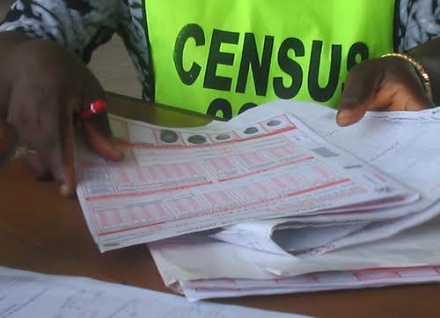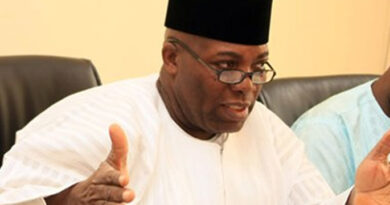Nigeria Launches 2025 World Population Report With Focus on Reproductive Rights
Nigeria has officially unveiled the 2025 State of the World Population Report, calling for a bold rethinking of global and national population policies to focus more on reproductive rights than on birth statistics. The report, themed “The Real Fertility Crisis: The Pursuit of Reproductive Health Agency,” was launched in Abuja on Tuesday by the National Population Commission (NPC) in collaboration with the United Nations Population Fund (UNFPA).
In his keynote speech, NPC Chairman Nasir Kwarra described the new report as timely and necessary, saying it addresses the deeper challenges behind fertility issues. He emphasised that population data should go beyond counting children and instead reflect the lived experiences of people, especially women and youth, whose rights to make informed reproductive decisions are often ignored.
Kwarra explained that the real crisis lies not in how many children people are having but in their lack of freedom to decide if, when, and how many to have. “This is not just a theoretical issue in Nigeria,” he said. “It is urgent and deeply personal for millions of women and men who face barriers such as poverty, poor healthcare access, gender inequality, and lack of reliable data.”
Findings from the recent 2023–2024 Nigeria Demographic and Health Survey revealed a slight decrease in Nigeria’s Total Fertility Rate from 5.3 to 4.8 children per woman. Despite this, major challenges remain, including a 21% unmet need for family planning and a high adolescent pregnancy rate, with 15% of girls aged 15 to 19 already mothers or pregnant.
“These numbers represent more than data points. They tell real stories — of young girls forced into early motherhood, women unable to plan their families, and communities without access to vital reproductive services,” Kwarra added.
While many developed nations are concerned about declining birth rates, Nigeria faces a different challenge. With a young and rapidly growing population, the country must find ways to empower its people while also ensuring inclusive development.
Kwarra acknowledged the critical barriers many young Nigerians face in exercising their reproductive rights. These include lack of modern contraceptives, early marriage, and cultural or religious beliefs that restrict personal choice. “These issues are acutely felt here,” he said. “We need to move from fear-based narratives to empowering individuals and respecting their dignity.”
The NPC also reaffirmed its dedication to using data-driven policies and announced its continued work towards Nigeria’s upcoming Population and Housing Census, stressing the need for accurate statistics in creating balanced, evidence-based policies for national growth.
The report’s launch was also a direct call to action. Kwarra urged collaboration across government, civil society, faith groups, development partners, and the private sector to promote reproductive health and uphold human rights. He stressed that the future of Nigeria’s development depends not just on numbers but on empowering individuals to make informed choices.
“When people are able to decide on their reproductive lives, they are more likely to invest in education, in their families, and in their communities,” he said. “This is not just a human rights issue—it’s smart development.”
As Nigeria continues to address its demographic realities, the 2025 report sets a new direction—one that values agency over alarm and prioritises dignity and equality for all.
Tips and Recommendations:
- The government should invest more in public reproductive health education and access to family planning tools.
- Community leaders, including religious figures, should help break cultural stigmas around contraception and reproductive rights.
- Stakeholders must ensure that the upcoming population census includes data to support rights-based policies.
- International organisations should increase support for youth-focused health services, especially in rural communities.
- The conversation should shift from birth rates to the quality of life and reproductive choices available to Nigerians.
















